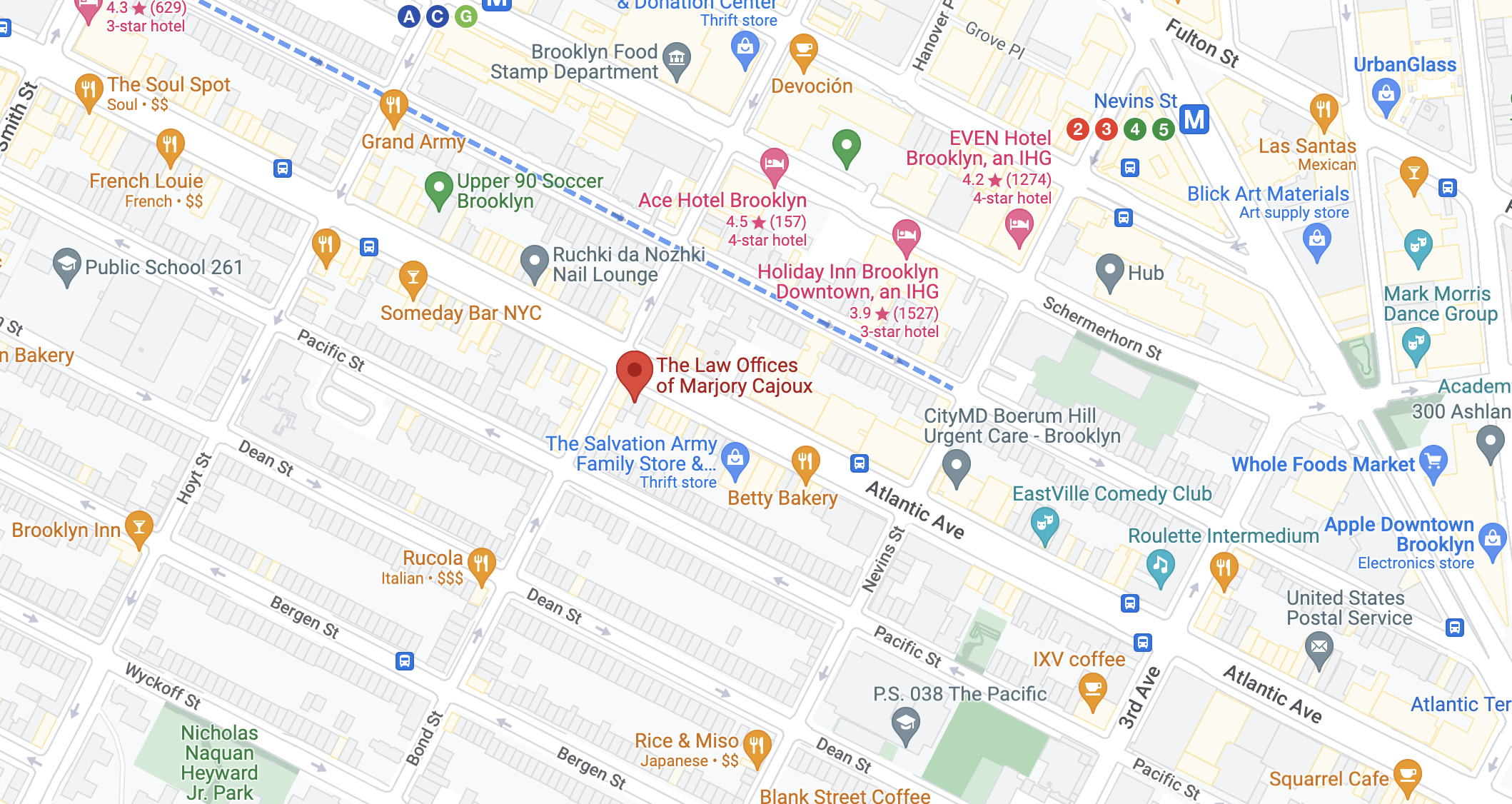
Losing a loved one is often a highly traumatic event for you and your family members. No matter how well-prepared you think you are for the death of a close family, the aftermath of the death quickly can become overwhelming and challenging to handle. In situations such as these, we tend to lean on other close family members and friends for support, advice, and encouragement.
When it comes to dividing up the property after a person’s death, however, family members may not be so united. In some cases, the death of a loved one can tear a family apart, creating additional stressors and burdens for all parties involved. Even if a deceased family member leaves behind a will, family members may question whether the will is legally valid under state will and estate law. A family member may want to challenge the provisions of the will and question whether it genuinely constitutes the intent of the deceased party in distributing his or her estate. Arguments over the legal validity of a person’s will can pit family members against one another in a court action that is commonly referred to as a will contest.
Lack of Mental Capacity
One common reason that family members might contest a will is the lack of mental capacity of the testator, or the deceased person, in making the will. For instance, if a testator had Alzheimer’s disease or a form of dementia when he or she executed the will, there may be a legitimate question about mental capacity. In this situation, challengers of the will would need proof that the testator did not understand one or more of the following:
- What property they own and is subject to distribution in the will
- The identity of their friends and relatives
- What the will that he or she signed means
Other grounds for a will contest based on a lack of mental capacity can include severe mental illnesses and personality disorders. Additionally, some medical conditions require that individuals take medications that might alter their ability to understand legal matters and make decisions about their will. In these situations, family members may choose to contest a will due to the testator’s alleged incapacity.
Undue Influence and Duress
You probably have heard stories about unscrupulous relatives or caregivers who take advantage of testators who are elderly or in poor health. In these cases, these individuals may convince testators to change their wills or draft wills that name them as the sole beneficiaries of their wills, often leaving close family members with no inheritance. Undue influence can be a ground for contesting a will when a trusted person takes advantage of a testator and manipulates them into changing an existing will or making a new will.
Another closely related concept to undue influence is duress. A will contest may be based on allegations of duress if evidence shows that someone has used force, coercion, physical imprisonment, or threats to cause a testator to alter his or her will, usually for their benefit. In many cases, duress accompanies other forms of elder abuse.
Forgery and Fraud
Family members also may contest wills by alleging that the most recent will is a forgery or the result of fraud perpetrated by another party. Forgery can occur by another person signs the testator’s name. Forgery of the document also may arise if someone replaces pages of the document that the testator signed or otherwise changes the text. In this situation, handwriting experts may be necessary to identify forgery.
On the other hand, if beneficiaries purposely misled the testator into signing a will or a modification to a will, they may have committed fraud, resulting in a will contest. If the beneficiary told the testator that the will or the documents that he or she was signing contained provisions other than what they described, or substitute a different document than what the testator believes it to be, fraud might have occurred. Fraud also might occur if beneficiaries or other individuals give the testator false or negative information about family members that might cause them to want to change an existing will or make a new will.
Contact the Law Offices of Marjory Cajoux Today
No matter what has caused you to question your loved one’s will, you owe it to your deceased family member to get to the truth. By initiating a will contest, you may be able to prove that your loved one has fallen victim to the manipulative actions of others. Call Marjory Cajoux at 718-237-0411 today and schedule an appointment to discuss your situation.






